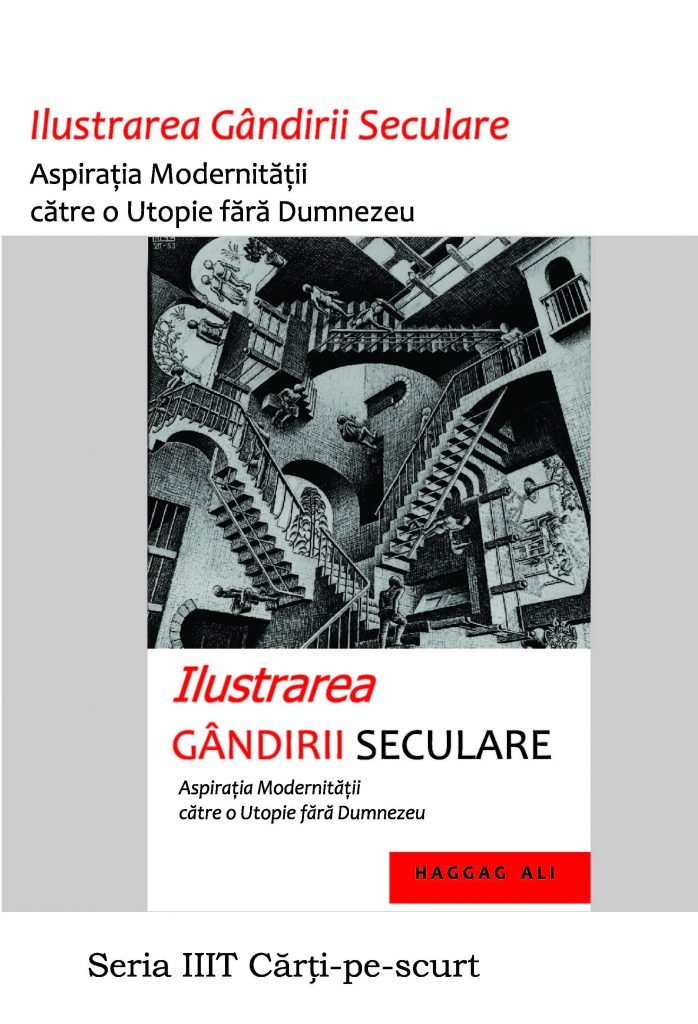
The secular mind had a grand plan, to establish an earthly paradise, a utopia of the here and now, a modern civilization governed by human reason, rationality, and the triumph of progress. Whilst ideals are one thing, the means to realize them is something else. Away from the hype, emancipating humanity from the ‘shackles’ of God and religion has proved no easy matter. Mapping the Secular Mind critically examines issues of reason, rationality, and secular materialism, to explore how these mental perceptions, or ways of mapping the world, have affected human interaction and sociological development. Dr. Haggag Ali studied English and literature at Cairo University and started his postgraduate studies in literary theory in 2002. He received his Ph.D. from Cairo University in 2008 with a dissertation on The Cognitive Mapping of Modernity and Postmodernity, exploring the convergence of Jewish and Islamic critiques of modernity and postmodernity with a particular emphasis on the contributions of the Polish-born British sociologist Zygmunt Bauman (the author of Modernity and the Holocaust) and the Arab Egyptian intellectual Abdelwahab Elmessiri (the editor of the Arabic Encyclopedia of the Jews, Judaism and Zionism). Ali's research interests fall within the scope of literary theory and critical theories of modernity. He has published several articles and reviews in Arabic, including “The Metaphorical Approach to Modernity in the Writings of Abdelwahab Elmessiri and Zygmunt Bauman,” in: Abdelwahab Elmessiri in the Eyes of his Friends and Critics. Dar Al Fikr: Damascus (2007), “Elmessiri and Western Modernity,” in: Al Jazirah Cultural Magazine. 9/4/2007 G. Issue No 194, and “Yahuda Bauer: Rethinking the Holocaust, A Review” in: Weghat Nazar. Cairo: Sep. (2007). His current research project deals with “The Spectre of Eric Voegelin in Zygmunt Bauman's and Abdelwahab Elmessiri's Critique of Modernity”.
Paperback : ISBN 978-9975-3617-6-7 eBook : ISBN 979-8-89193-060-5 Size/pages/year : (6x9) / 30 p. / 2023
